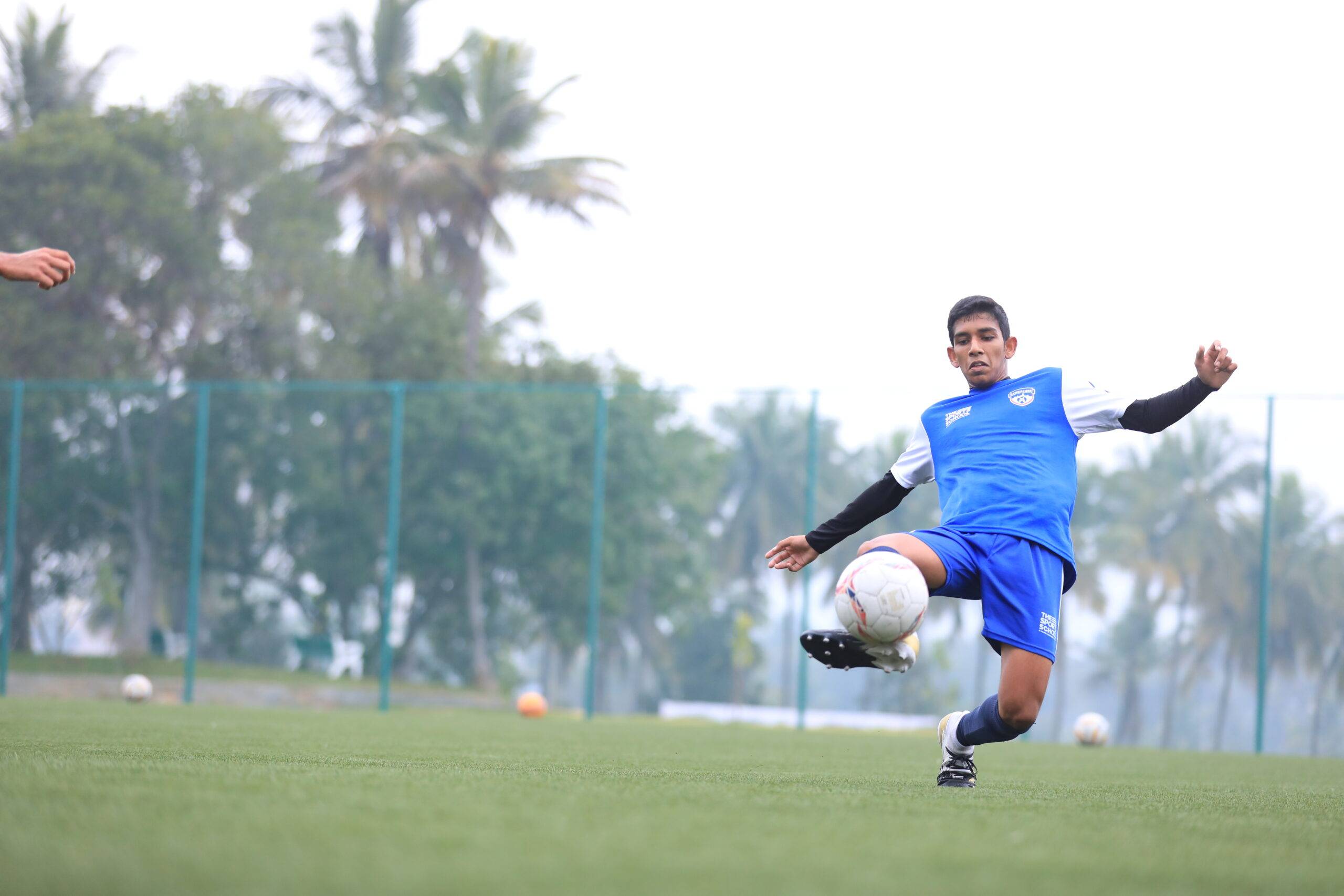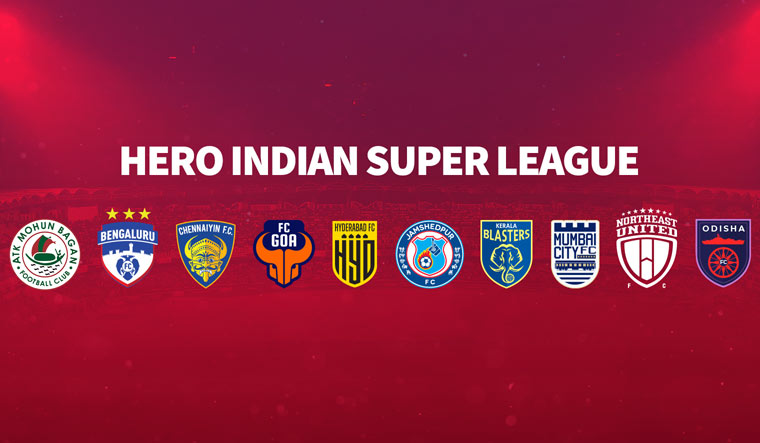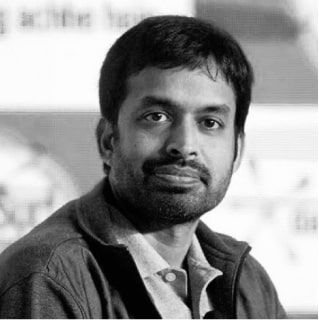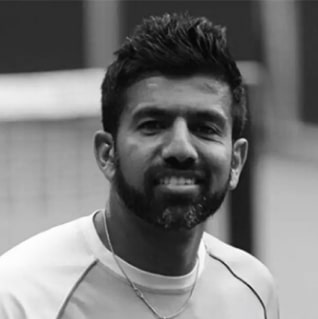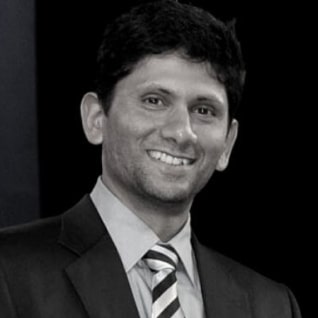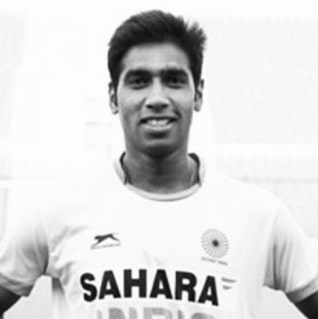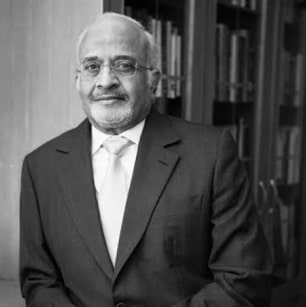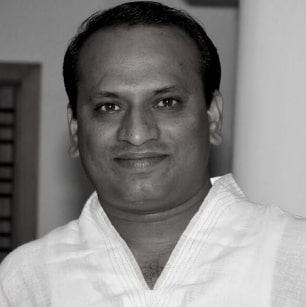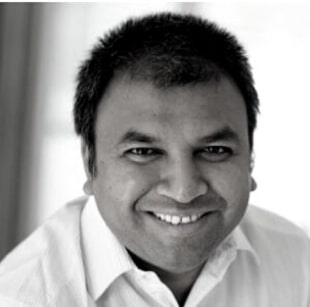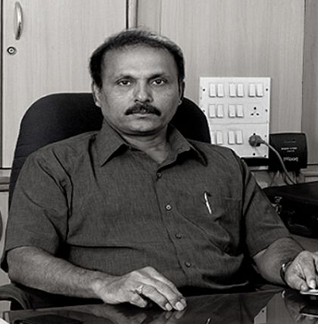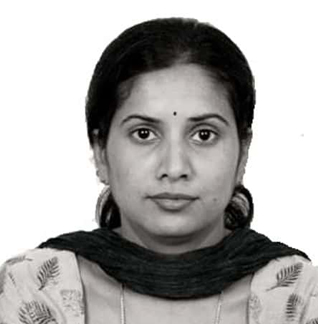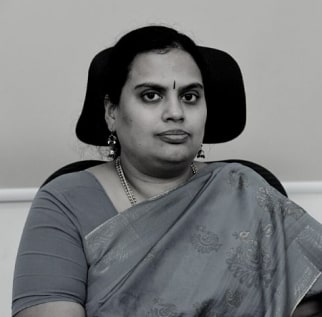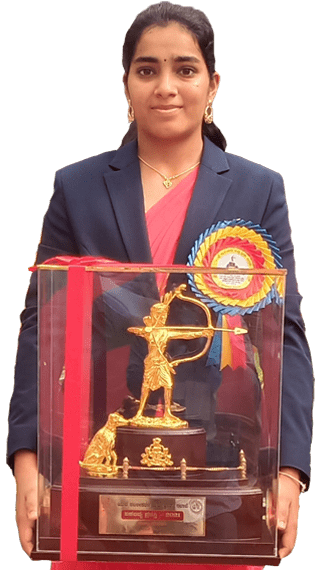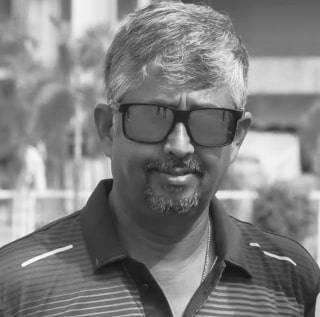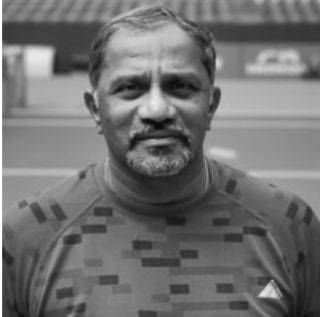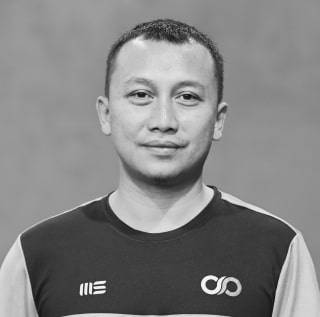Dr. Sankar UV is the Director of The Sports School and has worked as a Sports Director in one of the leading Universities- Jain University.
He began his over 25 years long career with a stint in Sainik School in Bijapur, where he spent his formative years in an atmosphere charged with the duty, dedication, and physical perseverance.
These formative years stood with him in good stead, during his PUC (XI and XIIth Std) at KCP Science College, Bijapur, through a BA Degree at St. Joseph’s Arts and Science College, Bangalore. Always a fitness enthusiast, Dr. Sankar UV focussed his attention towards a Bachelor’s Degree followed by a Masters in Physical Education at Rama Krishna Vidyalay, Maruthi College of Physical Education, Coimbatore in the year 1991 to 1993. He acquired a Diploma in Athletics from Nethaji Subhaschandra National Institute of Sports (NSNIS), South Centre, Bangalore, in 1994.
Dr. Sankar UV joined Sri Baghwan Mahaveer Jain College (SBMJC) in 1995 with all the determination of a dedicated teacher and endurance of a marathon runner to set his vision of molding students in high achievers.
A simple glance at the row of accomplishments of his students is enough proof of his impact on his students. The list below is a narration of the achievements of his proteges at the National Level in sports like Cricket, Basketball, Swimming, Hockey, Badminton, Tennis, Shooting, Volleyball, to name a few. Olympians like Gagan Ullalmath, Sharath Gayekwad appears at the beginning of the endless list, followed by stars like Rehaan Poncha, Varun Aaron, Adithya Prakash, Khalin Joshi, Rakesh Manpath, Prakash Jolly, Surabhi Tipre, Karun Nayar, Shankar Patil, Abrar Kazi, H S Sharath, Aaron D’Souza, K.L.Rahul, Mayank Agarwal, Poorvisha Ram, Jacquelina Rose Kunnath, Fariha Zaman, Diya, Shreya Gopal, Poorva Kiran Shetye, Trishul Chinnappa, K.V. Siddharth, Samarth Ravikumar. Other names include stars like Pankaj Advani, Robin Uthappa, Shikha Tandon, Anup Shridhar, Sheetal Gautam, Rohan Bopanna, Hari Prasad, Rohith Havaldar, Kaushal, Ravikumar, Manish Pandey, Ajay R.M., Sanjay Raj, Gautam Dhiman, Asha Nandakumar, Anit Verma, Abhishek Bakshmi, Bharath B Raj, Aswini Jayram, etc.
His belief is to impart training and mentorship of the highest standards to build confidence, while also enabling and empowering each sportsperson to achieve higher degrees of mental and physical composure. He supports and encourages athletes that want to pursue their training without letting go of their education.
